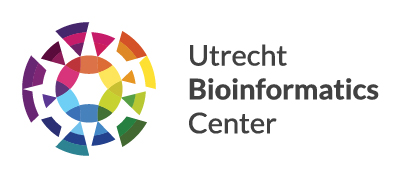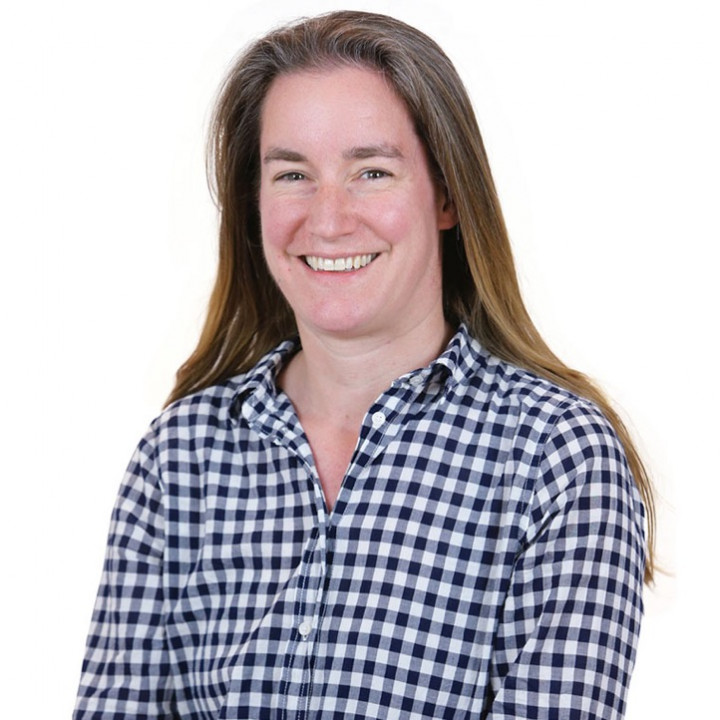How can bioinformatics help understand childhood cancer?
Childhood cancer is different to adult cancer. While adult cancer is often influenced by environmental factors, these factors play less a role in childhood cancer. Instead, childhood cancer can be considered a collection of individually rare developmental disorders.
Bioinformatics is important not only for analysing the genomic data, but also for discovering high order patterns across the different forms of rare pediatric cancers. We are continuously finding more patterns hidden in the data.
What aspects of bioinformatics do you utilise in your research?
My research has two focusses. One is translating new data analysis methods from research into diagnostics, to improve the identification of tumor types and stratification of patients. And second, I am investigating the role of structural variation in pediatric cancer, but then from a so-called pan-cancer perspective. What’s known from one cancer type can be observed in multiple cancer types, and this knowledge can be transferred.
Both are very data heavy research themes and centre around analysing multiple types of sequencing data. This means many different aspects of bioinformatics come by, such as algorithm development and optimization for both performance and accuracy, as well as quality control methods and the use of statistics.
Do you collaboration with researchers from other disciplines?
I’m a bioinformatician, and good at detecting variants and patterns. But I need insights from others to understand the biological impact, clinical implications and to help with validation experiments. It’s a multidisciplinary effort.
On the other hand I can offer experience in translating new bioinformatics tools into diagnostics, and help with what is needed for turning a research based tool into a standard diagnostics tool. Likewise I know about genetic variants, in particular larger variants, in the general population versus those which are associated to disease.
What are you looking forward to the most as the Executive Committee member of the UBC?
I’m most looking forward to getting involved. There are so many different bioinformaticians on campus, their ideas and energy can spark out-of-the-box thinking. I really enjoy the creativity of cross-talk, when data or a method is reused but not for its original purpose. The bioinformatics community on campus is going through a rapid growth with many newcomers in 2023. I’m sure that together this can lead to new collaborations and findings.

